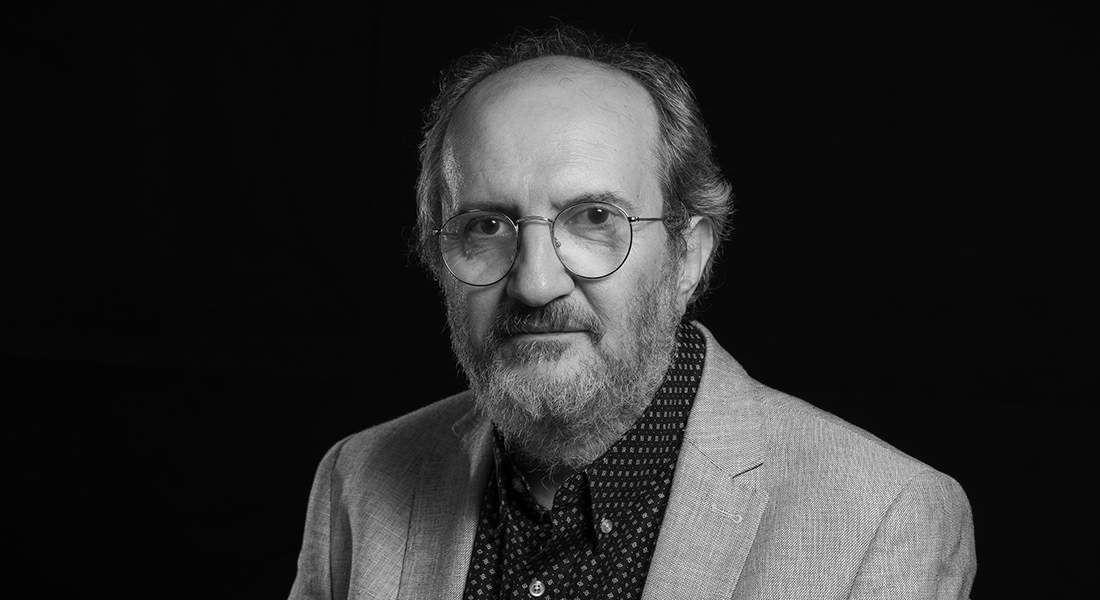The Wasteocene is Still Here (But We Are Trying to Sabotage It)
Lecture by Professor Marco Armiero (Institut d'Història de la Ciència (IHC) Universitat Autonoma de Barcelona, Spain).

The geological Anthropocene may have faltered, but it remains relevant to examine the narratives it has mobilized and the need to cultivate counter-hegemonic storytelling. While humans may live in the Anthropocene, it does not affect everyone equally. What if, instead of searching for its traces in the geosphere, researchers looked for them in the organosphere – in the ecologies of humans and their entanglements with the environment?
Toxic strata have sedimented into human (and more-than-human) bodies, and according to recent studies in epigenetics, these are now inscribed into genetic memory. By examining this embodied stratigraphy of power and toxicity, we may find ourselves facing not the Anthropocene, but the Wasteocene – the Age of Waste. One might argue that the Wasteocene reveals the true face of the supposedly neutral and universal Anthropocene, exposing the unequal power relations and violence shaping this new era.
The Wasteocene is less about the mere production of waste and more about the production of wasted people and places. The imposition of wasting relationships on subaltern human and more-than-human communities constructs a toxic ecology, built not only from contaminating substances but also from contaminating narratives. In this talk, I will focus on the Toxic Narrative Infrastructure, which invisibilizes, normalizes, and naturalizes injustices, and the diverse ways in which guerrilla narratives attempt to sabotage it.
About the event series
The Narratives and the Politics of Toxic Ecologies
This autumn, the Center for Applied Ecological Thinking invites you to a series of four public events on toxic ecologies, in which we’ll explore different ways of narrating and experiencing waste, pollution and contamination, and discuss the political dimensions of toxification and of the resistance to it.
From PFAS to microplastics, from carbon to chemical byproducts, the world is increasingly wrapped in the scraps of industrial capitalism. Toxicity not only insinuates landscapes, ecosystems, water, air and bodies; it also affects imaginaries, psychologies and meanings. Contamination is distributed unequally, giving rise to environmental injustices. It creates social and ecological costs but also it is often the result of shifted or displaced economic costs: from private companies onto human and non-human bodies.
Public regulation struggles to contain, manage and remediate toxic sites and widespread pollution. The relative invisibility of contamination and its complex bio-chemical interactions with organisms often prevent democratic oversight. Yet, it has never been more necessary to augment society’s capacity to understand – in mind and in feelings – toxification and its relationship with industrial modernity, so to work out the narratives and the politics that can help us prevent the world going to waste and support the dire needs for justice, reparation and regeneration.
In this series, though different media and approaches, we will delve into toxic ecologies both in Denmark and elsewhere, to confront the questions of how we know and how we act in a polluted global environment.
